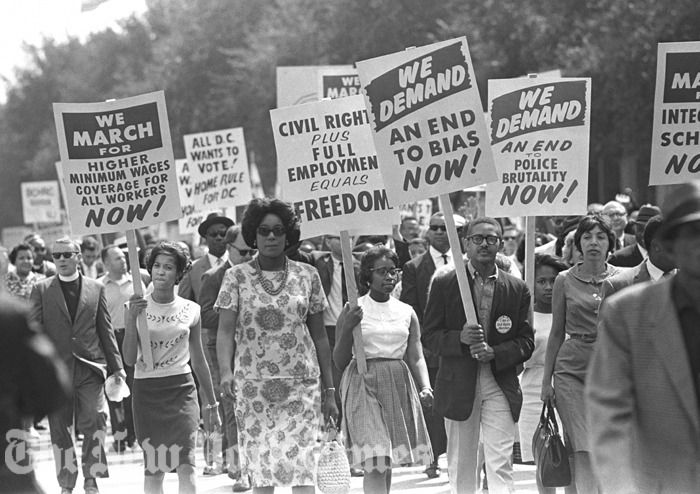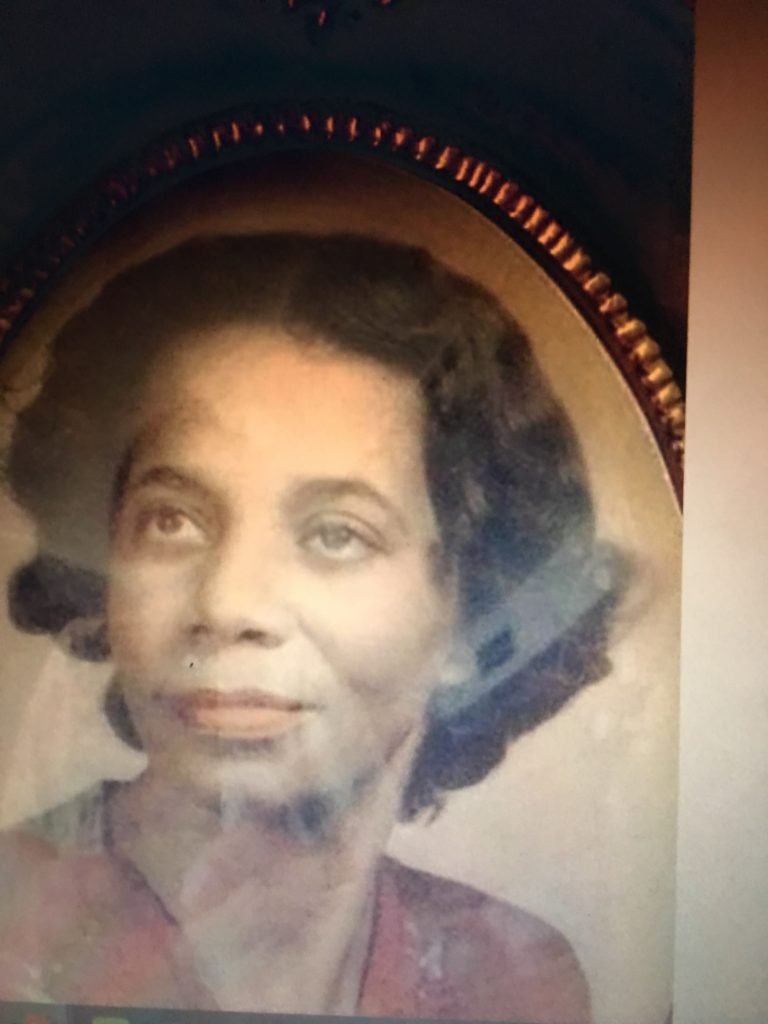History and today’s social media platforms are joining
forces to tell the story of the women in the Civil Rights Movement. Familiar
names like Rosa Parks,
Coretta Scott King,
Ella Baker, and Daisy
Bates have been part of the roll call for years, and now Georgia Gilmore and
others are being recognized.
“The men are often shown at the forefront in images of the
Movement, but the Movement would not have been possible without the work of
women,” Dr.
Shenette Garrett-Scott says.
Garrett-Scott, an associate professor of History and African
American Studies at the University of Mississippi, states that Ella Baker’s
influence is well-known, adding “she is widely recognized as an architect of SNCC’s (Student
Nonviolent Coordinating Committee) direct action protests.”
Rosa Parks’ great niece, Urana McCauley, shared her memories
of the beloved icon who refused to give up her seat on a Montgomery, Alabama
bus with a writer for the website created by Hollywood producer, Shonda Rimes.
In the Shondaland
op-ed, McCauley described Park’s lifelong commitment to civil rights as “as a passion
she felt in her soul.”
Montgomery’s bus boycott brought the culinary gifts of Georgia
Gilmore into the spotlight. National Public Radio and The New York Times
have profiled Gilmore’s grass-roots activism as helping to sustain the
year-long boycott. Gilmore raised money by selling food at boycott meetings.
And, there were others who worked tirelessly and
courageously to advance a cause they believed in for themselves and future
generations.
Garrett-Scott adds, “They provided critical work both behind
the scenes and on the front lines. They arranged transportation, prepared food,
and distributed fliers.”
The
Social Justice Gene
Kansas Citian Cecelia Belser-Patton recently paid homage to
her grandmother, Frances Belser, another one of the brave and dedicated women
in Montgomery during the boycott.
“She helped to HANDWRITE the flyers announcing the
Montgomery Bus Boycott & delivered them across the city with her friends
& co-conspirators,” Belser-Patton wrote on her Facebook page. “She poured
into the people of Montgomery, Alabama as a secretary of Holt St. Baptist
Church; she mentored young women at the HBCU Alabama St. She and my
grandfather, Caesar Belser, Sr. raised two college graduates, my father and my
aunt, their only children. She was sweet & spicy, she was smart, she was
kind, she was beautyFULL, and she was funny…I loved her laugh.”
Social media posts similar to the one written by Belser-Patton, who
much like her grandmother is actively involved in social justice work, and news
reports featuring previously unknown women add context to the role of women
during the Civil Rights Movement.
“They also organized and trained protestors,” explains
Garrett-Scott. “They plotted strategy, provided meeting spaces away from white
surveillance, and raised money.”
And, in the words of Frances Belser’s proud granddaughter, we
“will never forget.”


 Black History5 years ago
Black History5 years ago
 Black History6 years ago
Black History6 years ago
 Black History4 years ago
Black History4 years ago
 Black History5 years ago
Black History5 years ago
 Black History5 years ago
Black History5 years ago
 Black History6 years ago
Black History6 years ago
 Black History9 years ago
Black History9 years ago
 Black History5 years ago
Black History5 years ago


















